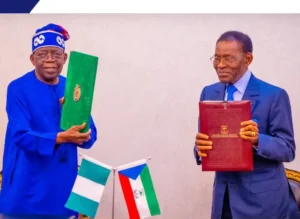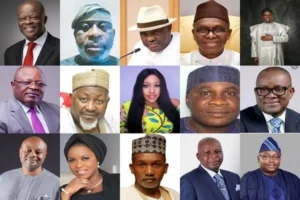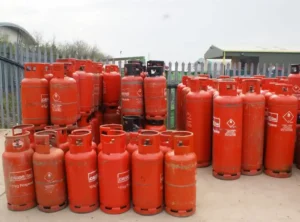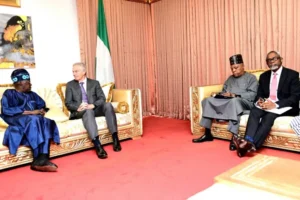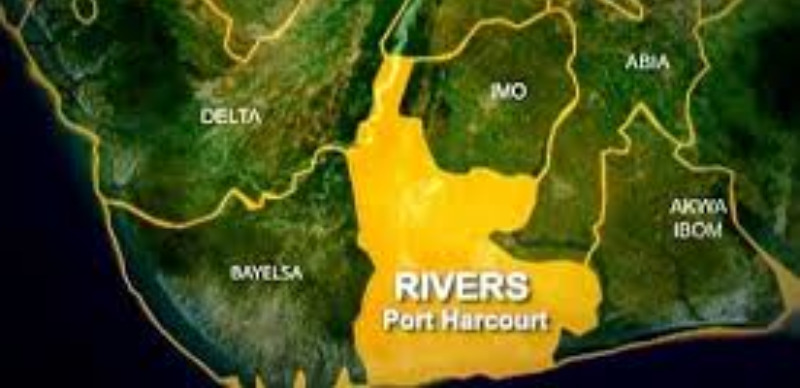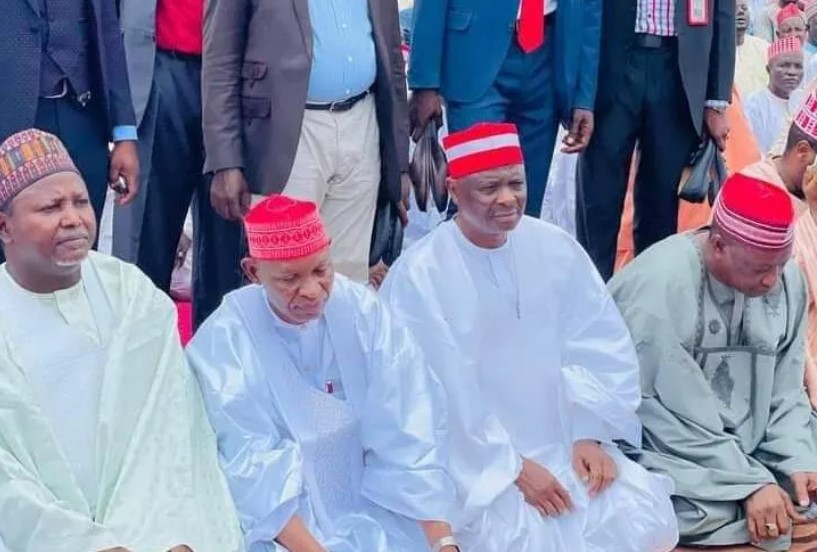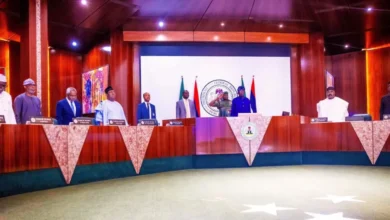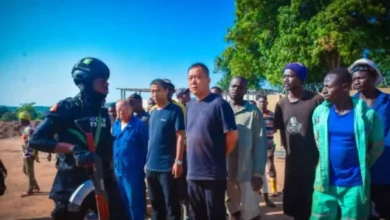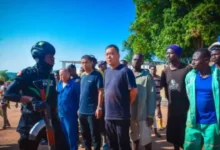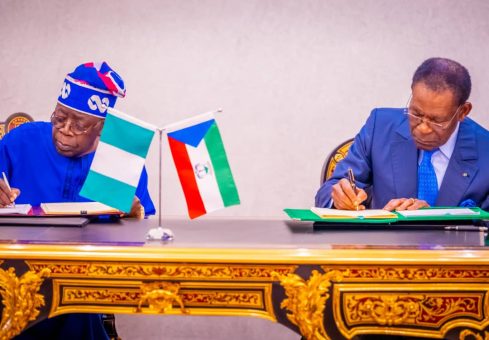
Africa should seek home-grown solutions to its myriads of socio-economic and political challenges, President Bola Ahmed Tinubu said yesterday.
He called for closer collaboration and solidarity in the continent, saying that partnership among the countries are critical to problem solving and development.
President Tinubu, who is on a three-day official visit Equatorial Guinea, said the exodus of skills and talents from Africa should also bother its leaders.
He was accompanied by Minister of Foreign Affairs, Yusuf Tuggar; Attorney General of the Federation, Lateef Fagbemi (SAN); Minister of Interior, Dr. Olubunmi Tunji-Ojo, Minister of State, Petroleum, Gas, Ekperikpe Ekpo, Minister of Defence Abubakar Badaru and Minister of Youth Jemila Bio-Ibrahim.
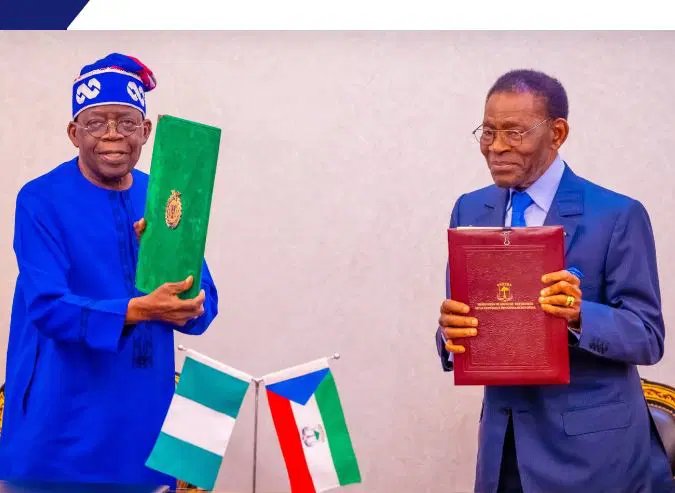
Nigeria and the Republic of Equatorial Guinea signed an agreement on a Gulf of Guinea pipeline project in Malabo, the federal capital
While President Tinubu signed on behalf of Nigeria, President Teodoro Mbasogo signed for his country.
President Tinubu said the deal would open up new opportunities for gas exploration and employment.
Special Adviser to the President on Media and Publicity, Ajuri Ngelale, said the agreement covers legislative and regulatory measures for the gas pipeline establishment and operation, natural gas transit, ownership and general principles.
During a private meeting preceeding the signing of the agreement, the two leaders also discussed job creation, food security, multilateral relations, and conflict resolution mechanisms on the continent.
They also discussed security challenges, the African Continental Free Trade Area (ACFTA) and food security.
Urging African countries to apply local solutions to local challenges, President Tinubu said they should also address the exodus of skills and talent.
Speaking at a dinner in his honour at the People’s Palace in Malabo, the President said research and development must be encouraged.
He queried: “Why are we complaining about healthcare problems if our doctors cannot have a home in our continent; if our nurses are faced with destitution, and if our judicial system is archaic?
President Tinubu, who said “tribalism has no place in our nation or region,” urged African leaders to strengthen the continent, cultivate one another and ensure peace.
He said: “We have to develop our resources for our progress; find solutions among ourselves and focus incisively on research and development, and reward those research and development programmes. We must bring out the results ourselves. We must not outsource them or sell them out.
“To the international organisations, we are partners. We will continue to be partners, but we must implement more than half of the results of the research established here. We have many youths to take care of. Millions yearning for progress.”
President Mbasogo thanked President Tinubu for honouring his invitation.
He called for more collaboration and solidarity between both countries, saying that “Nigeria has always held a special place in our foreign policy.
He added: “We recognise Nigeria’s potential and experience as the largest economy in Africa since 2015, and we consider it as one of the great global emerging markets.”
Talks on defence ties ongoing
Badaru said Nigeria and Equatorial Guinea discussed defence cooperation, including joint patrols to combat oil theft in the Gulf of Guinea.
The minister said a joint committee is being constituted to oversee joint patrols, policing, and security on their shared borders.
He said the collaboration would yield robust engagement and prevent illegal activities in the region.
Badaru said: “There are discussions on defence agreement, not signed yet; a committee for joint patrol, policing and security on our borders and the Gulf of Guinea.”
Nations to sign youth pact
Bio-Ibrahim said Nigeria and Equatorial Guinea would finalise an agreement aimed at promoting youth development and collaboration between the two countries.
She said the treaty, which would be finalised this year, will focus on peer learning, skills development, and transfer.
The minister said the agreement would explore the possibility of adopting Nigeria’s National Youth Service (NYSC) initiative by Equatorial Guinea.
The minister said the treaty would provide opportunities for Nigerian youth to produce commodities for Equatorial Guinea, leveraging the country’s larger population.
Bio-Ibrahim also said the agreement would support collaboration in furniture production, agro-forestry, fashion, garment and other cash crops.
She stressed: “We’re working to ensure that we develop our furniture value chain through agro-forestry, fashion and garment sector as well, and other cash crop sectors as well. And this is a very viable economy for that kind of collaboration. “
The Nation

